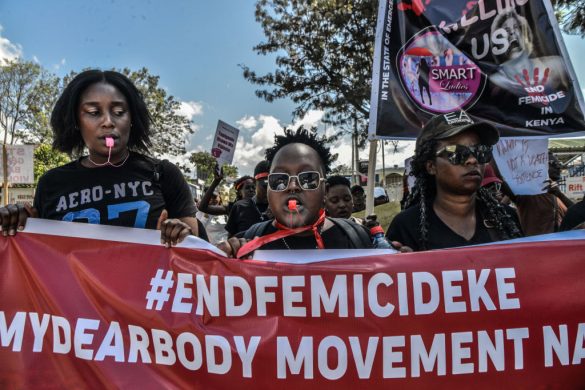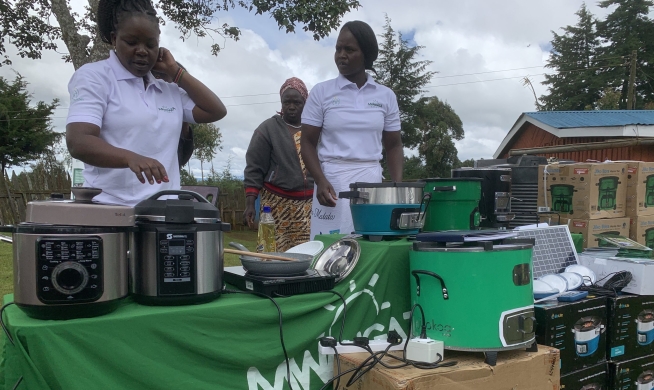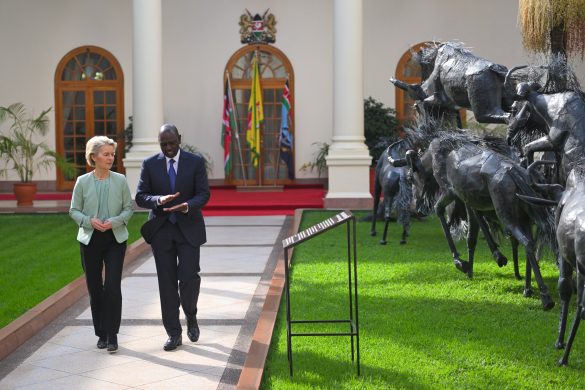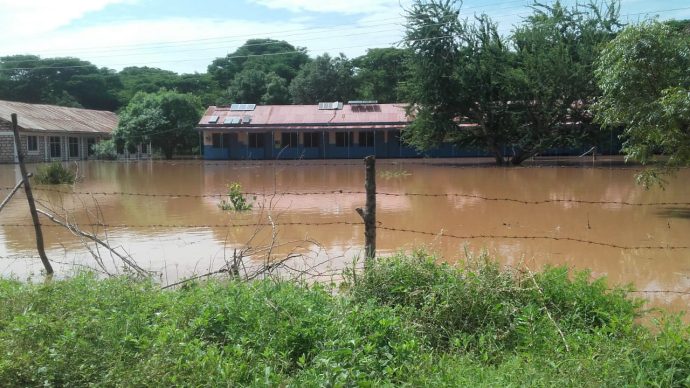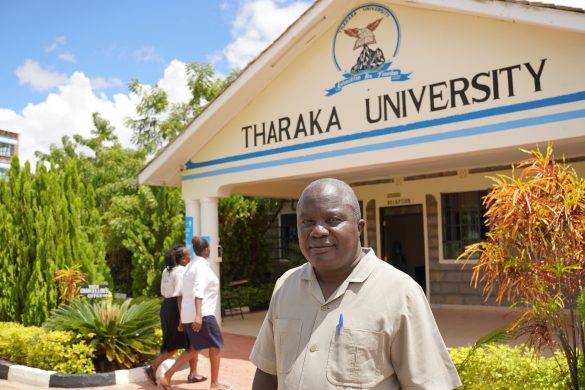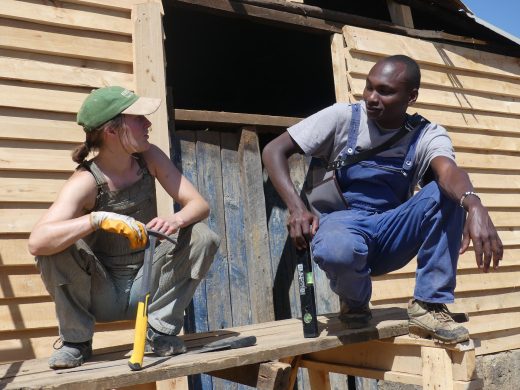NAIROBI, 14 December, 2017 (Human Rights Watch): Widespread sexual violence marred Kenya’s 2017 elections, Human Rights Watch said in a report released today. The Kenyan government should urgently take steps to protect women and girls, as well as men and boys, from sexual violence.
The 31-page report, “‘They Were Men in Uniform’: Sexual Violence against Women and Girls in Kenya’s 2017 Elections,” documents the devastating physical, mental, social, and economic impact of gender-based violence and serious human rights abuses surrounding the recent elections.
Human Rights Watch found that the government failed to prevent election-related sexual violence, properly investigate cases, hold attackers accountable, and ensure that survivors have access to comprehensive, quality, and timely post-rape care. Many attacks were by security forces, survivors said.
“The impact of sexual violence on survivors is devastating,” said Agnes Odhiambo, senior women’s rights researcher at Human Rights Watch. “Almost all women and girls we spoke to suffered physical harm and profound mental trauma and feared that their attackers may never be held accountable.”
Human Rights Watch interviewed 68 females, three male survivors of sexual violence, and 12 witnesses in Mathare, Dandora, and Kibera in Nairobi, and in Kisumu and Bungoma in western Kenya.
Human Rights Watch also interviewed 12 Kenyan and international civil society activists and community volunteers providing services to women.
Human Rights Watch identified significant barriers that prevent many survivors from getting even basic medical and mental health support services and from seeking justice.
Massevoldtægter
The women and girls interviewed described brutal gang rapes involving two or more attackers.
Many said that they were raped vaginally and anally, that they were penetrated with objects, or that dirt was inserted into their private parts.
Some were raped in the presence of family members, including young children.
Most women said they were raped by policemen or men in uniform, many of whom carried guns, batons, teargas canisters, whips, and wore helmets and other anti-riot gear. In at least one case, a girl died after being raped.
A 27-year-old woman interviewed had given birth on August 7, and was raped by three policemen on August 11.
“I feel useless,” she said, describing her life afterward. “I don’t speak to people. I feel so sad. I feel as if I have reached the end. I think of killing myself.”
Læs hele artiklen på Human Rights Watch’s websted






